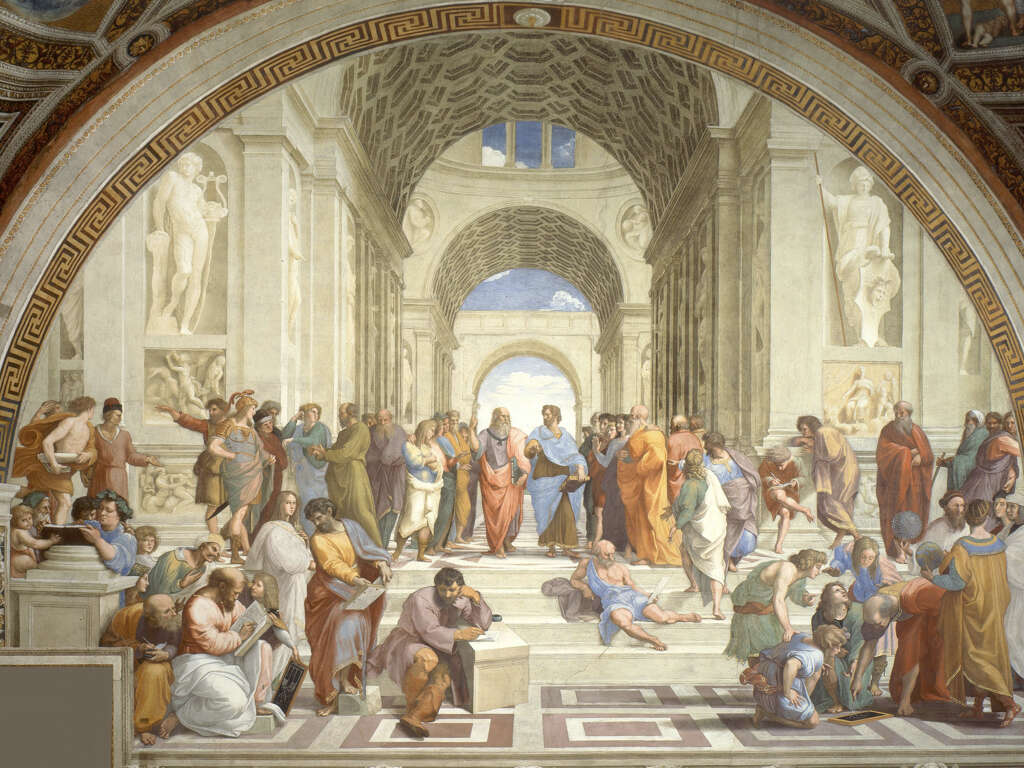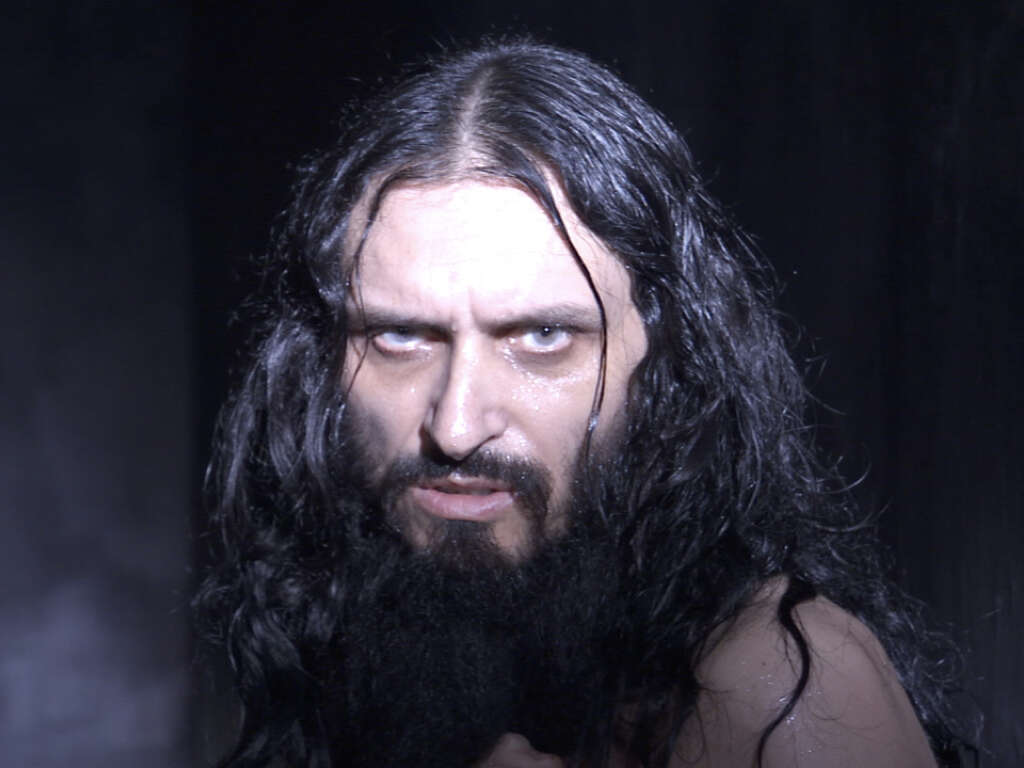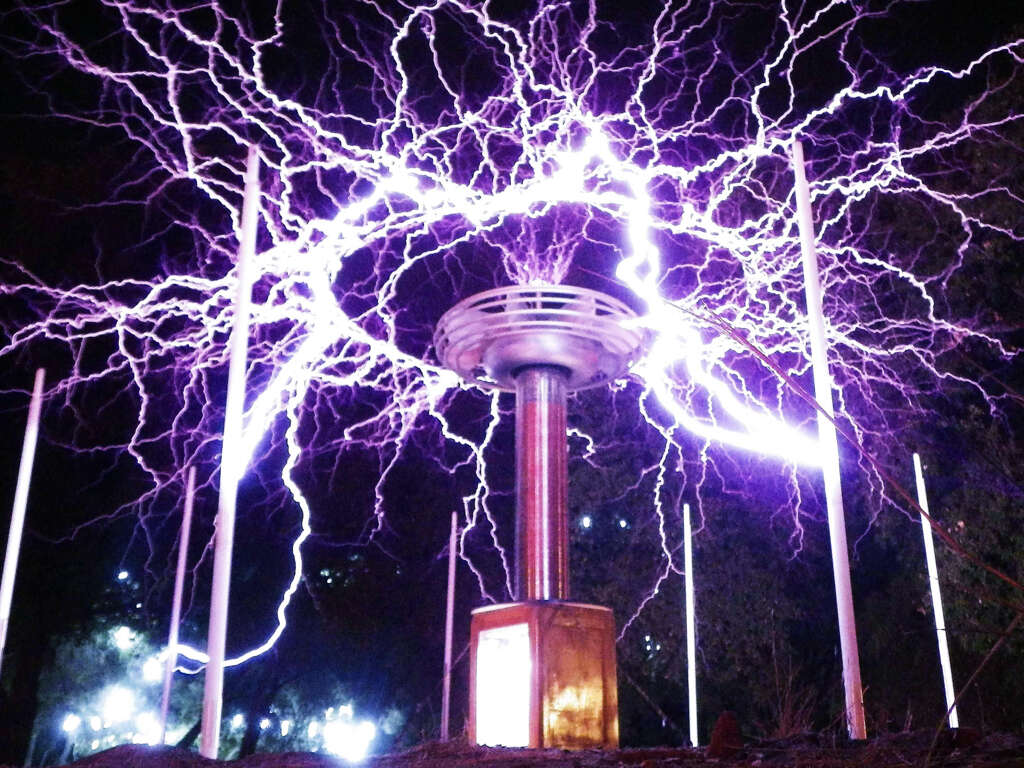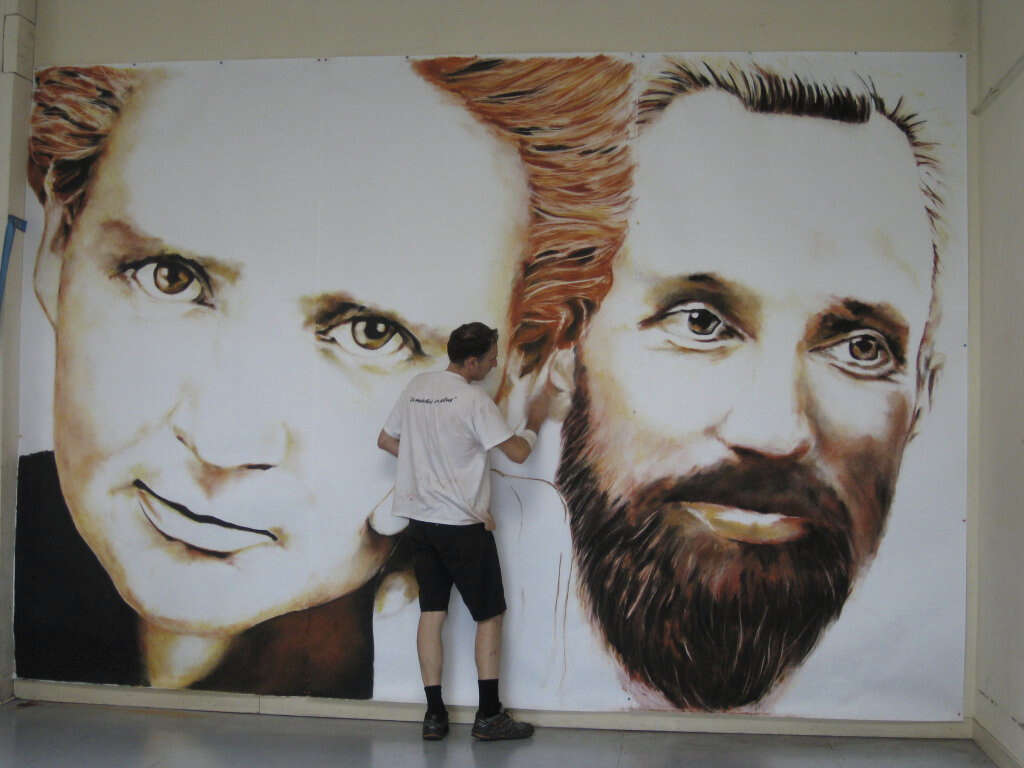Who Was Mansa Musa?
Africa holds some of the poorest nations on the planet with many people struggling to access clean drinking water. One of the poorest countries of them all is Mali, but you might be surprised to find it was not always that way.
At one point, Mali had a great empire. At its zenith, this empire was reigned by Mansa Musa. Musa was known worldwide for his incredible wealth and few people would dare encroach upon the empire. Those that did were soundly defeated. Here’s a closer look at Mansa Musa and the powerful empire that he led.
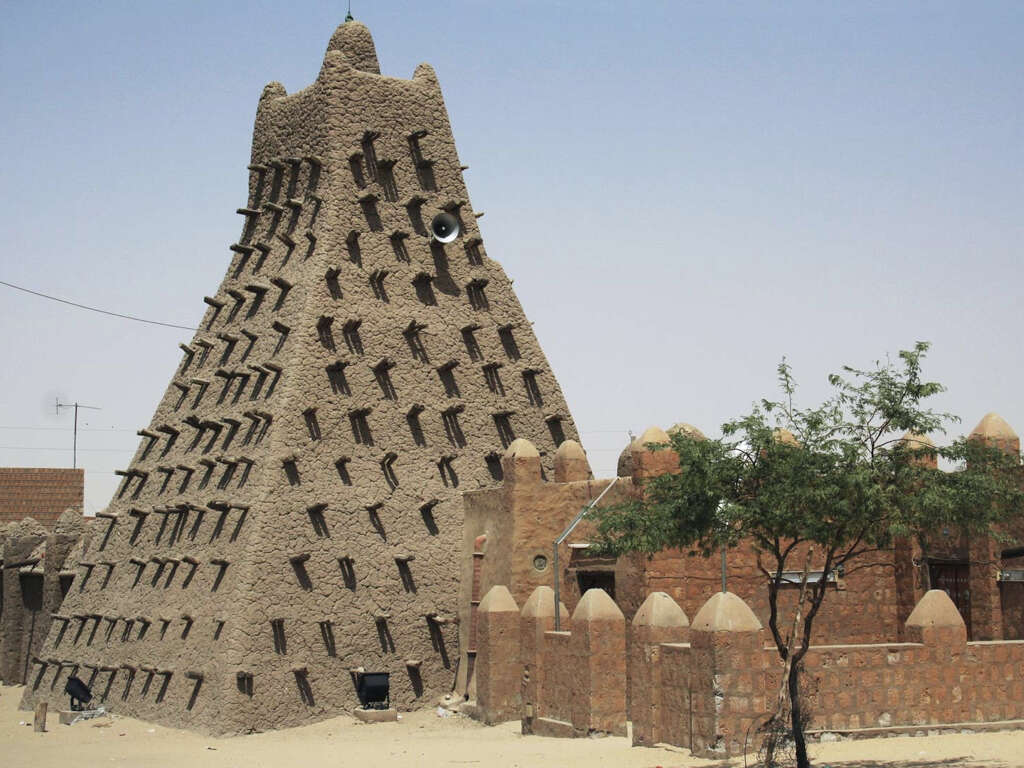
1. His Predecessor Disappeared
During Musas time, people were still keen on exploring new regions of the world. They would often leave in the hope of finding new lands and perhaps trading opportunities and/or the chance of discovering natural resources that would enhance their wealth and power. Others simply wanted to find out what the rest of the world was like.
Musas predecessor, Mansa Abu Bakr II, wanted to explore the oceans himself. He set off with a large fleet of ships, abdicating his throne and leaving Musa to rule in his absence. Abu Bakr II was never seen again.
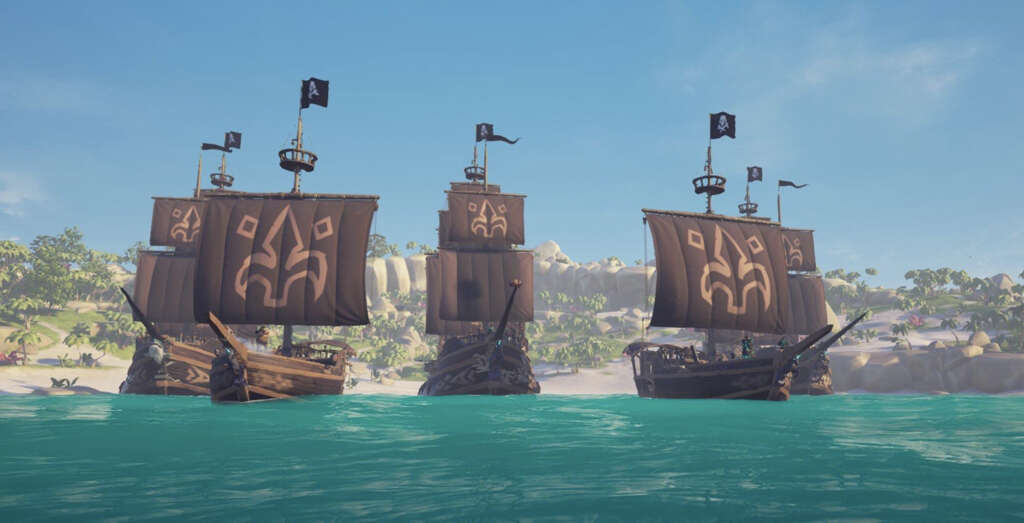
2. Mansa Was His Title
Mansa was not Musas first name, but rather the title that rulers of Mali were given at the time. It is a Mandinka word that has a meaning similar to “emperor,” “ruler,” or “sultan.” He was the 10th person to hold the title in the Mali Empire, and was the first with the name Musa, giving him the official title Mansa Musa I.
Musa was born into the higher echelons of his Mali society and it is thought that the founder of the dynasty, Sundiata Keita, also known as Sunjaata, was his grandfather. The Mali Empire was founded in 1240 and lasted until 1645.
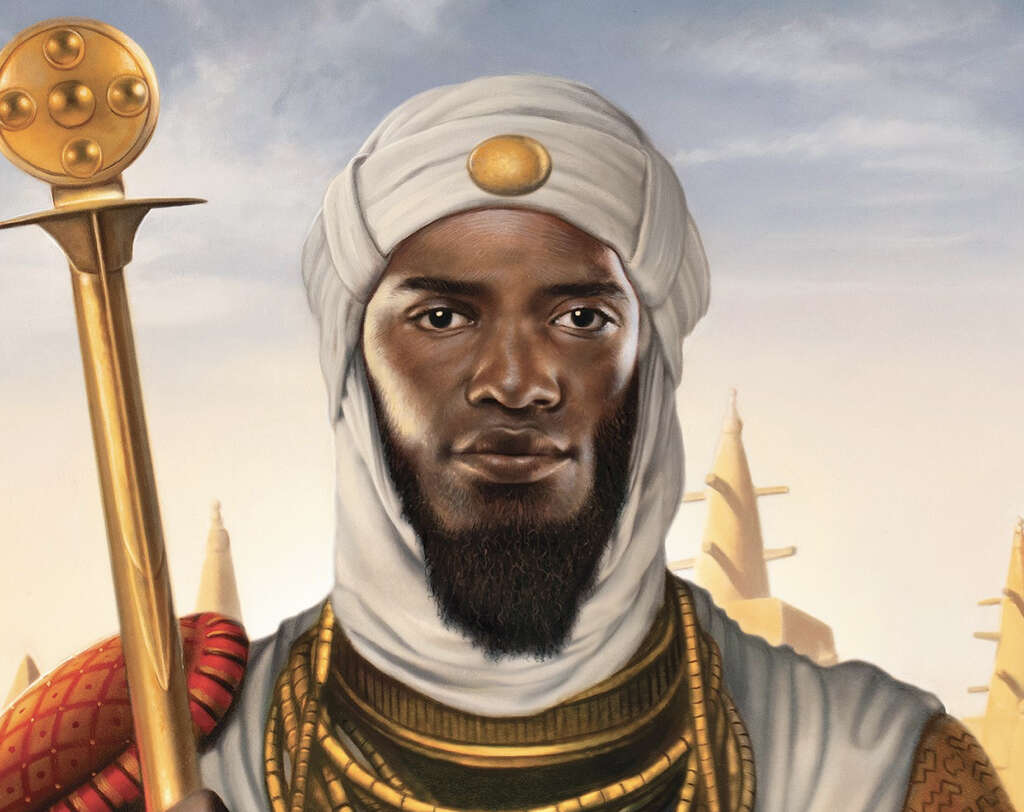
3. The Mali Empire
Today, Mali is a very poor nation. It has been stricken with poverty for many years and is the 12th poorest nation on the African continent, but it wasn’t always like that. During Mansa Musas reign, Mali was one of the wealthiest of all nations on the planet. Mali also had a large and powerful empire.
At its height, the Mali Empire included The Kingdom of Songhai, Ghana, Tadmekka, and Walata. It was the largest empire in Western Africa and heavily influenced the culture and development of the region. It started as a small empire near the Niger River and grew until it eventually reached as far as the coast of the Atlantic Ocean.
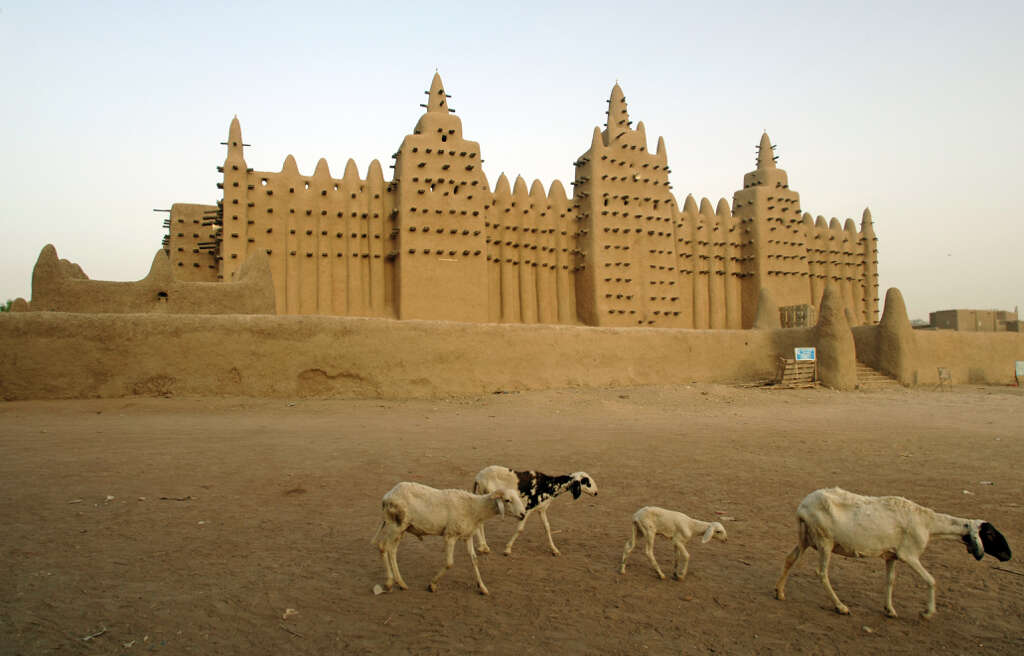
4. Rich
There are some astonishingly rich people in the world today for whom money is no object. Some will earn in a day what many others cannot hope to earn in a lifetime and they are able to afford extravagant belongings that other people can only dream about.
The richest person today is Jeff Bezos with a wealth of an extraordinary $104 billion (2019), but Mansa Musa surpassed even this. Mansa Musa had a wealth that was the equivalent of around $400 billion in todays money. That made him not only the wealthiest man of his time by far, but also the wealthiest man that has ever lived - and by some distance.
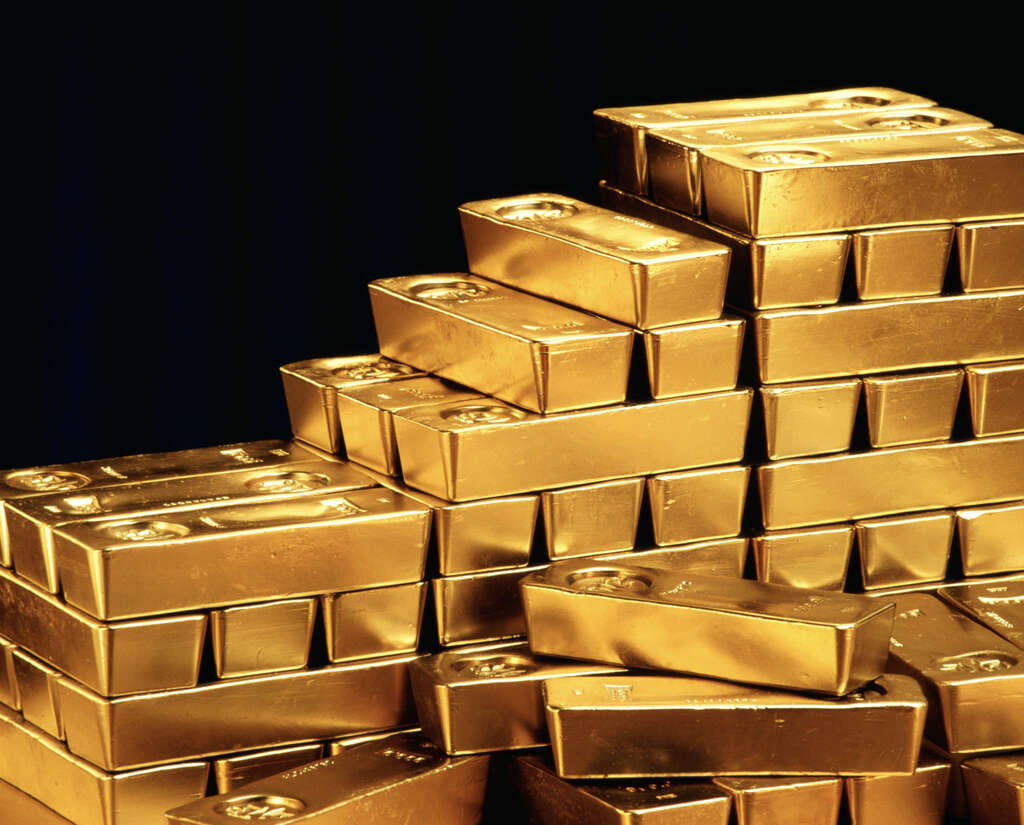
5. Trade
During Musas time, salt was a very valuable commodity worldwide. It was important for people in hot nations because it helped them to retain water, while it was also valuable for its ability to help preserve food. The Mali Empire was rich in salt deposits, and this helped to make Musa as wealthy as he was.
In addition to the salt, the Mali Empire was also rich in gold deposits, a commodity that is still very valuable to this day. The Empire also had control over the regions trade routes, further helping them to amass considerable wealth and power.
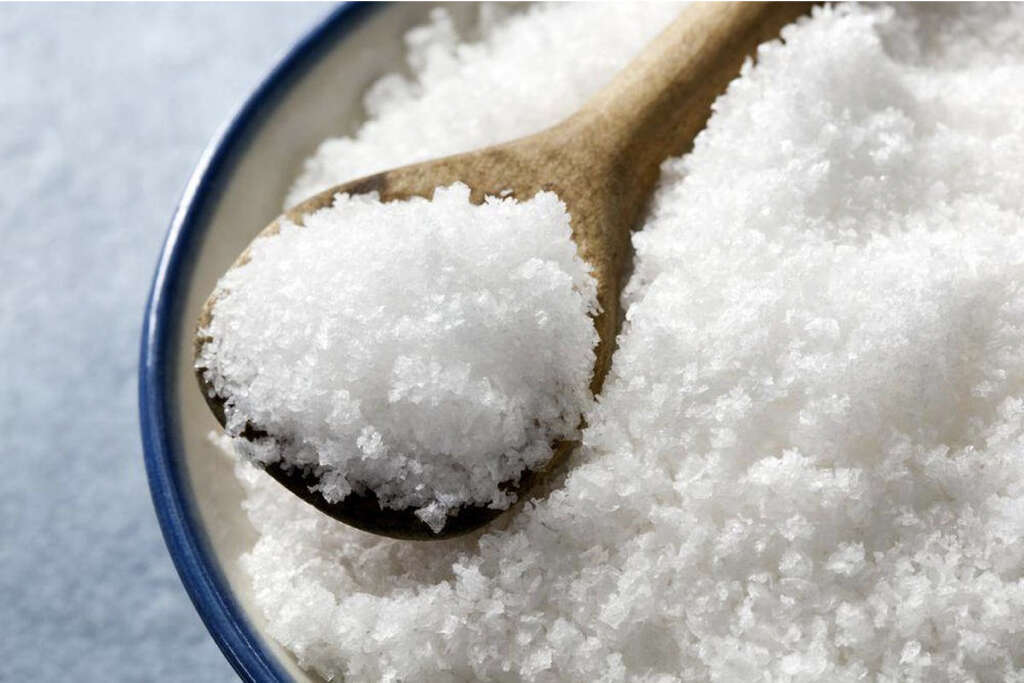
6. Military Power
With so much wealth, the Mali Empire needed to protect its assets and it built a military that would dominate the region for around 2 centuries. The Empires military was at its most powerful during Musas reign when he amassed an army of 100,000 men, and also 10,000 armored cavalrymen.
The military under Musa was so powerful that nobody dared challenge them. That was until 1444 when the Portuguese arrived. Musa had died by the time but his legacy helped ensure an army that was too powerful even for the Portuguese to defeat. The Portuguese shifted their efforts toward trading with the Empire instead.
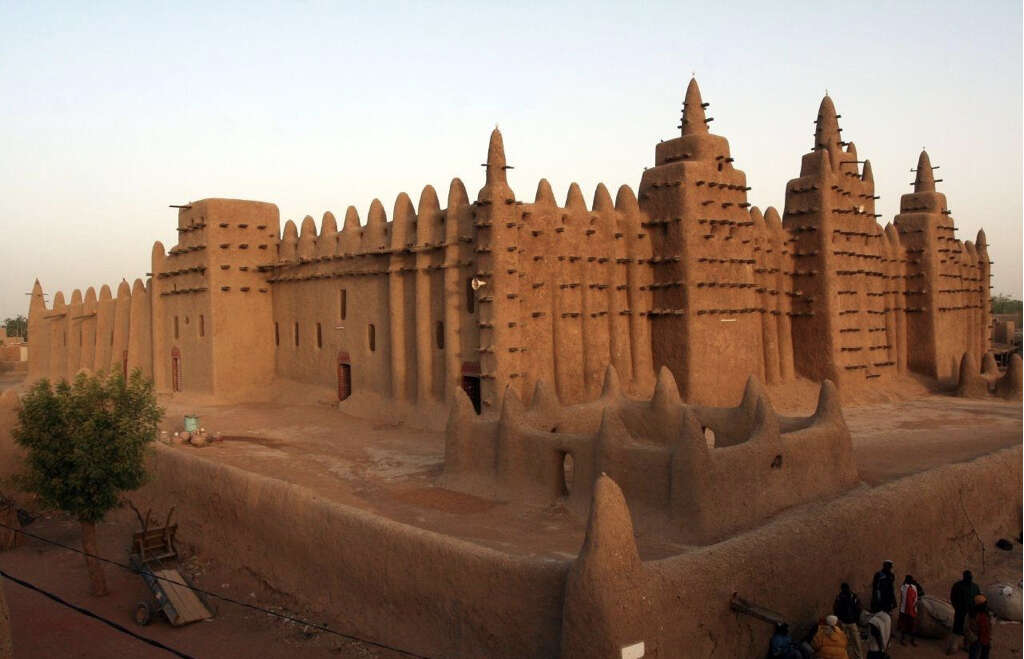
7. Hajj
Mansa Musa was a Muslim and, as is the case with other Muslims, he made the Hajj. The Hajj is a pilgrimage to the Islamic holy city, Mecca, located in what is now Saudi Arabia. With Musa being as powerful and as rich as he was, his pilgrimage was somewhat more opulent than those made by other Muslims.
When Musa set off on the Hajj, he took with him a caravan of 60,000 people to carry everything he needed. He had slaves to carry his gold and around 80-100 camels carrying gold dust. It was a journey that was talked about far and wide.
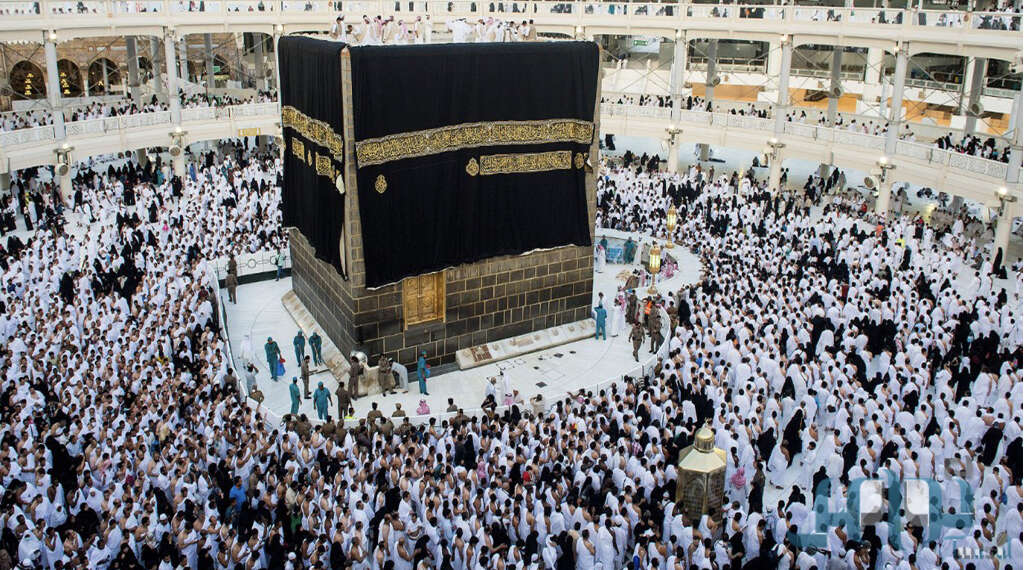
8. Caused Inflation in Cario
Weve established already that Musa was an incredibly wealthy man the wealthiest ever. Not only was he wealthy, but he was also very generous with his wealth and would often give away large sums. Part of the reason that he took such a large caravan on the Hajj was so that he could carry vast amounts of gold with him.
On his way to Mecca, Musa gave away vast amounts of gold to the people of Cairo as he passed through. The people receiving the gold would usually have become quite wealthy, except he gave so much away that it caused incredible inflation. As a result, the gold he did give away was not worth as much as it would have been otherwise.
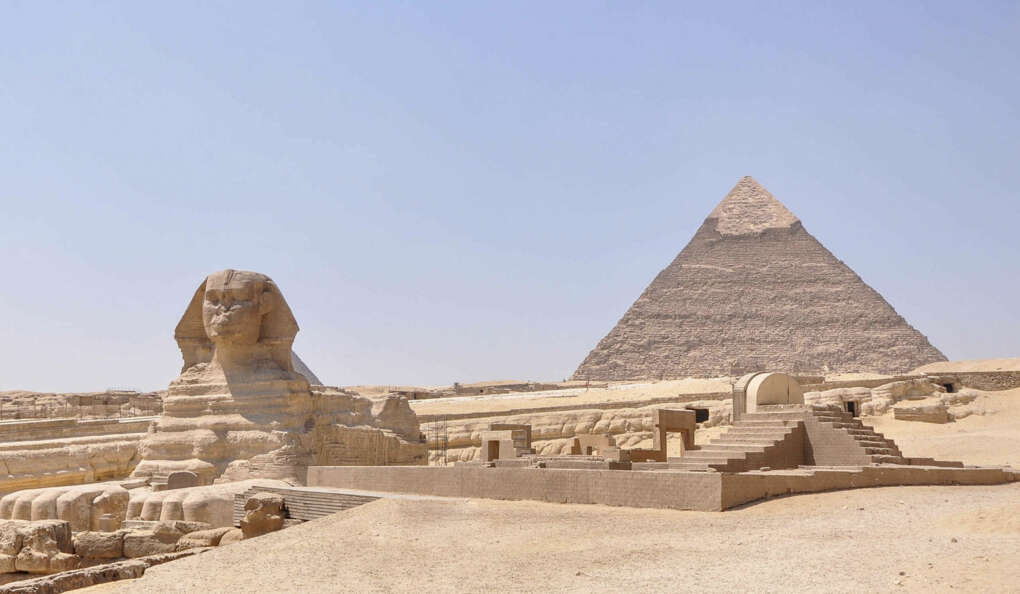
9. He Helped Spread Islam
Many Muslims feel as though it is their duty to spread the word of Islam as much as they are able to, and Musa was no exception. He used his vast wealth to that end by having schools built that were to teach kids about the teachings of the Koran.
It is also thought that he had Mosques built along his pilgrimage to Mecca. He would stop every Friday, which is an Islamic holy day, and have a mosque built at the location he stopped at. He would also provide funding for many students to study Islam in Northern Africa.
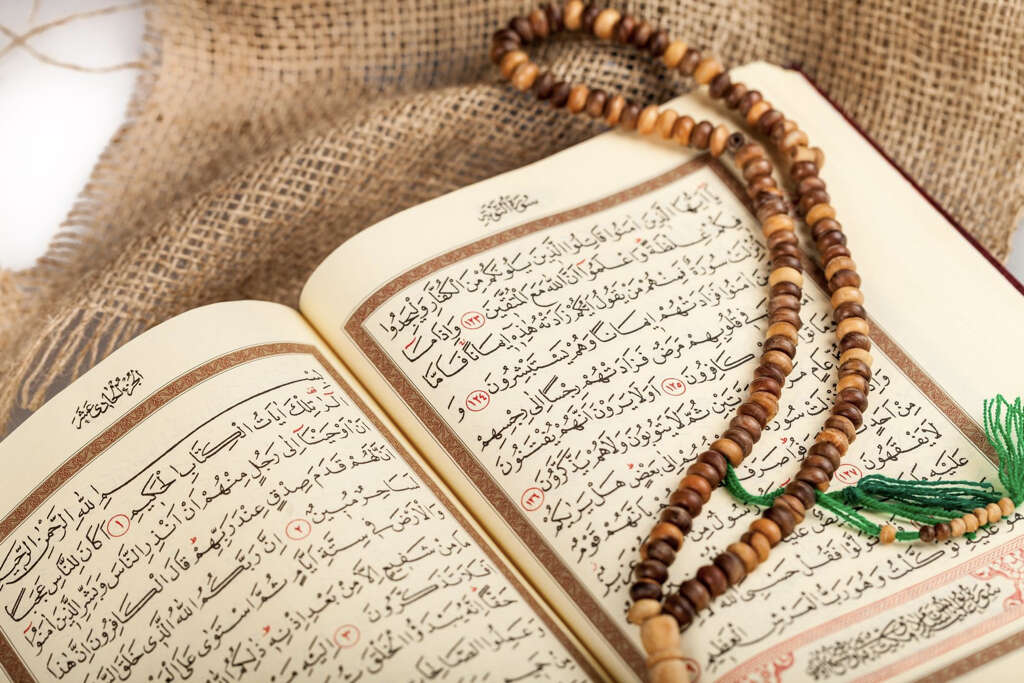
10. Builder
Mali may be a shadow of its former self but you will still find some architecture and locations that are a reflection of the nations former glory. With his vast wealth, he ordered the building of universities and mosques that stood as trophies of the nations, and the kings, vast wealth and power. Some of these still stand today.
The city of Timbuktu, which was at the center of the Empires trade, still stands today. Here, you will still find the University of Sankore (Sankore Madrasah). The city is a reminder that the Mali Empire was once among the wealthiest and most powerful on the planet.




